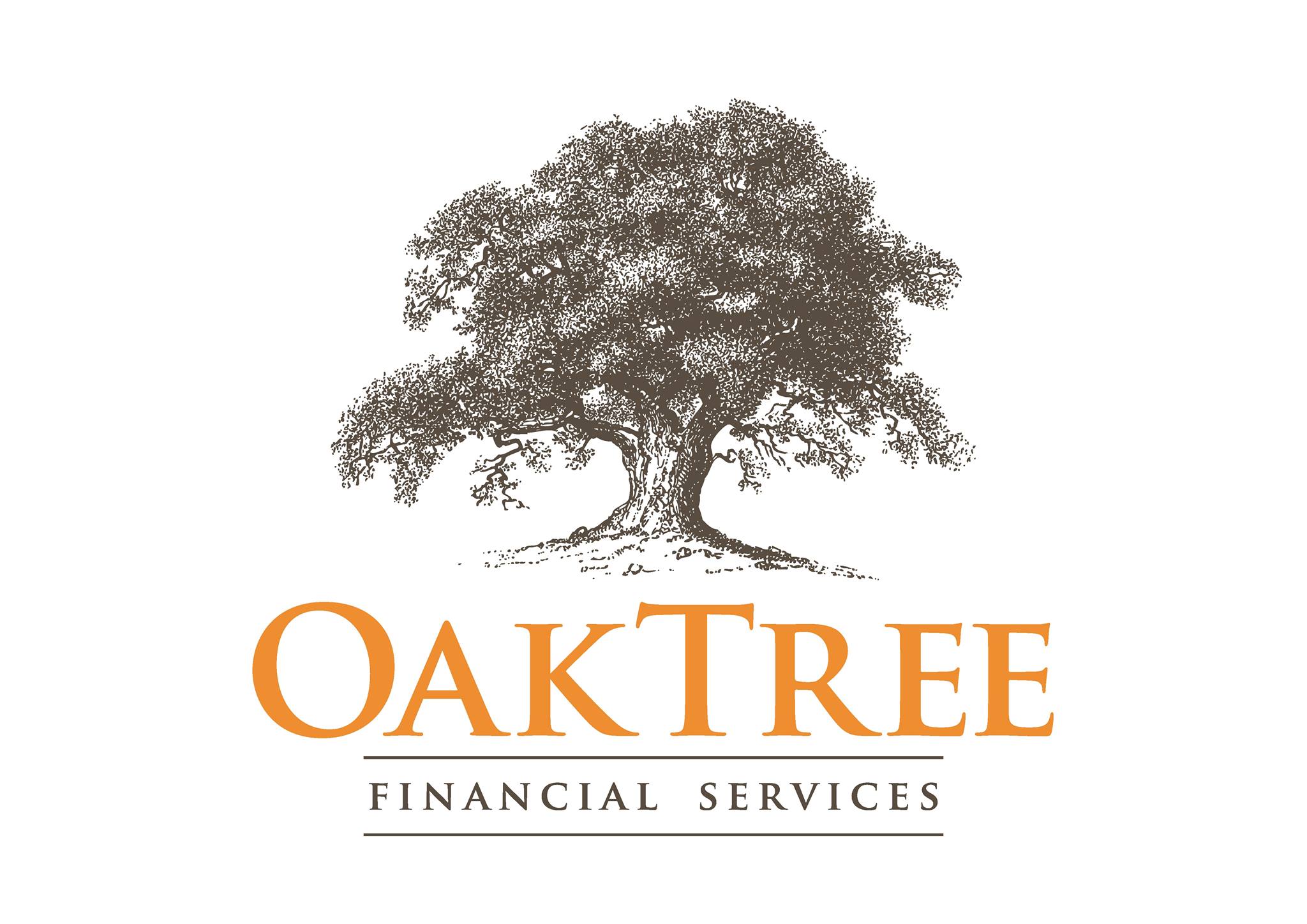Set your goals
Savings and investments can feel like an intimidating world to the uninitiated. But at Oaktree Financial we are here to help you navigate the way to financial success. The first step is to establish your financial goals. Are you saving for retirement? Perhaps you dream of a bigger house, a lavish wedding, or you want to save something for your children’s future. Work out what your current aims are and you’ll be ready to start your investment journey.
Do the maths
Once you have your goal in place, you can start working out how much it will cost you and therefore how much you need to save. For some goals, the maths will be relatively simple – perhaps you want to spend €20,000 on a wedding. If you have two years to save, you need to save €10,000 a year. That’s €834 a month.
Other financial goals can be harder to break down. For instance, saving for retirement can require some quite complex calculations, based on what you hope to have to live on, and what you earn now. But at Oaktree Financial we are experienced in understanding all the ins and outs of these matters, and will help you feel secure in your calculations.
Plan your budget
With the figures in mind, you will now be able to plan your monthly and annual budget. Take your salary and list all of your costs and outgoings. Don’t forget incidental expenses such as your daily coffee or newspaper – you’ll be surprised at how it all adds up! Go through and find all your direct debits too – from Spotify to your mortgage. Allow a reasonable estimation for how much you spend on going out, clothes, and other sundries. Once all your monthly outgoings are added up, establish which ones are essential, and if there are any you could reduce. Work out how much you have left over, and that is the amount you can potentially save.
Choose your savings plan
The savings plan you choose will depend on the financial goals you have, and also your general financial situation – whether you can save a lot quickly, or plan to make the most of small amounts over a long period of time. At Oaktree Financial we will be able to help you create the very best savings plan tailored to your personal situation.

Types of savings accounts
There are many different types of savings accounts and once again, the best fit for you will very much depend on your circumstances. If you are happy to lock money away for longer, you will be able to make the most of the best interest rates available on savings. However, perhaps you may need easy access to your cash, in which case rather than a fix of a few years, you could look at easy access accounts. Your bank may offer a good savings account that is linked to your current account. Those who are looking at longer term investments and pensions will face a multitude of choices that your financial adviser will be able to help you with – whether it is the type of investment to make, or the type of pension to start.

Personal Savings
Saving and budgeting tips
When it comes to personal savings, most people can benefit from a regular financial make-over. Life is hectic, and it’s easy to end up getting into bad financial habits without realising. Sitting down once or twice a year and giving your finances a thorough spring clean is always a good idea! Whether it is getting into the habit of turning the lights off when you leave the room, or turning your thermostat down a little, it’s usually possible to shave something off your bills. Make the most of dry weather and a good old fashioned washing line rather than a tumble dryer. Don’t stick with your current providers for your utilities – the best offers are usually given to new customers, so it’s worth shopping around and changing deals regularly.
Regular Savings
Getting into the savings habit can reap big rewards in life – whether that is paying off your mortgage or establishing a comfortable retirement. Regular savings are a great idea because you’ll not even notice the money leaving your account – you’ll be used to living on the amount you are left with each month. And before you know it, you’ll be achieving your financial goals with ease.

Saving for a mortgage
Finding a large amount such as a mortgage deposit can feel really tough. However, remember that little amounts do add up! Perhaps decluttering and selling on old items seems like a drop in the ocean at first. But done regularly, it can really help – put everything you make in your savings pot and watch it grow!
Saving for home improvements
Home improvements are at the top of many people’s wish list, but often other demands on your money and time mean they don’t happen. Try opening a specific savings account dedicated to your goal – your new kitchen fund! Dropping the expensive motorway coffees or collecting your loose change and paying it in are small acts, but they will add up over time. You could consider locking your money into a higher interest rate savings account for a fixed period of time, and using the interest you earn to fund your home improvements.

Saving for education
Parents will probably be thinking about this years before the funds are needed, which means it is a good chance to show some financial savvy and save. Make the most of longer term interest rates, and perhaps consider asking relatives to contribute to the child’s savings pot at birthdays or Christmas, rather than just buying them more toys they don’t need.

Personal Investments
Is investing for me?
Investing can sound intimidating, but with the right guidance, it can be a fantastic way to make your money grow. It’s important to be as fully informed as possible before investing, and to understand that your money might go down as well as up in value. Seeking guidance from a reliable team such as Oaktree Financial makes investing simple and approachable for everyone.
How investing works
Investing means putting money to work for you. You can invest in almost anything, from the more common items such as stocks, shares, or gold, to the more unusual, such as wine, art, or cryptocurrency. The idea is that the value of whatever you buy into increases over time, meaning your money grows. Although there is greater risk attached, there is also the potential for much greater returns than you will see from the interest on a savings account. It is important to realise that the value of what you invest in could fall as well as increase, meaning you could get back less than you put in. An investment period of at least five years is recommended to give your money the best chance to grow.
Types of investment
There are many different types of investment, but three of the most well-known Also ways are:
Funds: are ready-made groups of investments. This means you are buying into a mix of assets, rather than you picking individual investments for yourself. With a fund, you are spreading the risk of your investment, because you are investing in a range of things, so even if one investment performs badly, it will likely be offset by other investments in the fund performing well.
Shares: when you buy shares, you are buying a small stake in a company. These units of ownership will increase or decrease in value, depending on how well that company is doing.
Bonds: sometimes known as fixed interest investments, when you invest in a bond you are essentially loaning your money to a government or company that needs to raise money. Your investment will generally be for a fixed period of time and you will often get your initial ‘loan’ amount back at the end of that period. Bonds aren’t risk free but are often seen as less risky than other types of investment.

Adrian Godwin is a Senior Financial Consultant and the co-founder and managing director of Oaktree Financial Services. With a background in accounting and tax advising, Adrian specialises in estate planning and wealth management.Adrian offers clients reassurance through best practice solutions. His unique skill set and qualifications enable clients to develop comprehensive life plans that align with their goals.


